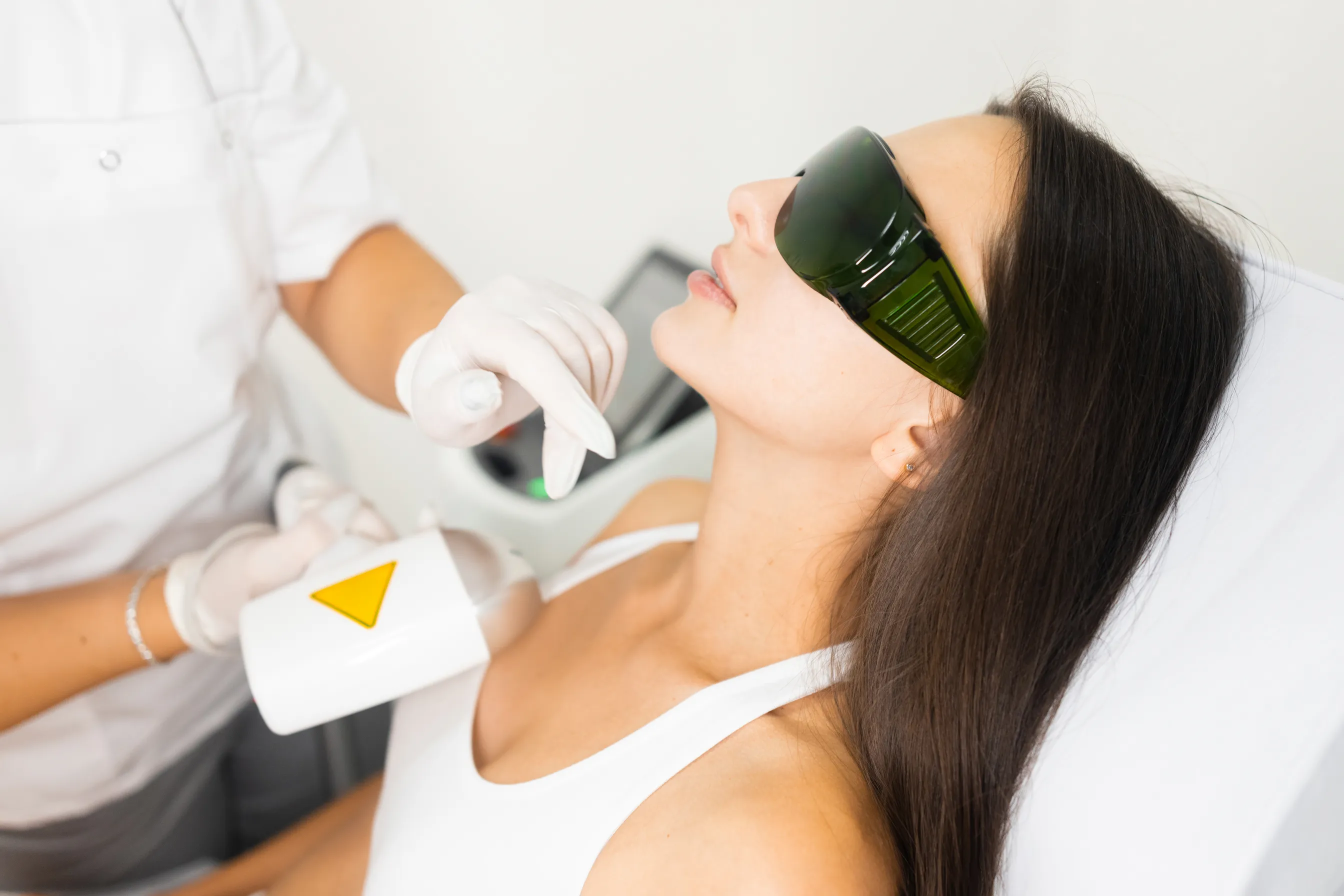Many patients struggle with loose, saggy skin after substantial weight loss due to bariatric surgery.
Cosmetic surgeons specialize in skin removal surgery to address excess fat and skin after significant weight loss, helping boost confidence and enhance health in the process.
How Does It Work?
After dramatic weight loss from bariatric surgery or major lifestyle changes, sagging skin can keep you from fully enjoying your new body. By employing various techniques for excess skin removal surgery, this obstacle can be removed so you can look your best!
Good news – this procedure is highly safe and comfortable! Medication will be provided to keep you relaxed throughout, while depending on how extensive the work being completed a sedative or general anesthesia may also be used as needed.
Before your cosmetic procedure, your cosmetic surgeon will advise that you stop taking medications that increase bleeding risk, including aspirin or ibuprofen (Advil, Motrin) as well as certain herbs and supplements that could speed healing time or pose risks of complications. Smoking also delays recovery times and increases complications risk.
Your surgeon will tailor an individual treatment plan to address the areas of excess skin that most bother you. Some patients require a panniculectomy, which involves cutting away an apron of extra skin from their lower abdomen; others might benefit from having full tummy tuck surgery performed to tighten weak or separated abdominal muscles, as well as having loose arm skin removed with arm lift surgery, as well as an aesthetic facelift performed to eliminate jowls and double chins.
How Long Does It Take?
Time of Surgery will depend on how much sagging skin needs to be removed, what areas need attention, and which techniques are employed for the surgery. For instance, panniculectomy surgery to address “apron belly” typically takes three to five hours.
Your surgeon will discuss ways to minimize discomfort and speed your recovery, which may involve wearing compression garments or taking certain foods or medications which make blood clotting harder, such as those which contain vitamin K or copper, respectively.
After surgery, you will likely experience pain, swelling and bruising. Your doctor will provide medication to alleviate these side effects as well as instructions on how to take care of yourself at home – such as checking fluid levels or emptying drains placed during the procedure; taking time off work while recovering; scheduling follow-up appointments when appropriate; most people return to full activity within four weeks.
How Much Will It Cost?
After losing significant amounts of weight, individuals may find that they have extra skin hanging off of their torso that causes discomfort and itchy skin, as well as back problems or other medical issues. Removal of this extra skin by surgery can improve their quality of life significantly.
At surgery, patients will be put under general anesthesia to keep any discomfort at bay. After awakening from this anesthetic, recovery time usually ranges between one and three weeks, during which they must wear bandages and change them regularly, apply ointments as directed, drain excess fluids through temporary tubes placed into their body, and have someone drive them wherever needed as they will no longer be able to operate a vehicle themselves.
Though often considered cosmetic surgery, skin removal surgery may sometimes be covered by their insurance provider. Individuals considering having this surgery should speak with their physician to discuss getting coverage – documentation must demonstrate why skin removal surgery is medically necessary and provide proof.
How Can I Pay For It?
Your hard work in losing weight has paid off with improved health and confidence. Unfortunately, however, your slimmer frame still may be burdened by extra skin that causes discomfort or restricts movement – surgery may help achieve your aesthetic goals by extracting extra skin.
Excess skin removal surgery is a form of plastic surgery used to eliminate loose, sagging skin from various parts of the body. The surgery often entails several procedures tailored specifically for you; abdominoplasty (tummy tuck), arm lifts (brachioplasty), breast lifts and facelifts are among the more frequently performed ones.
Before having skin removal surgery, it is essential to discuss your goals with your physician and consider both its advantages and risks. Make sure your surgeon knows of any medications, herbs, or supplements you are currently taking as well as prescription or over-the-counter remedies you’re taking – this includes prescription or OTC drugs as well as herbs/supplements/herbs taken over time – including herbs or supplements you are using regularly and any prescription or OTC ones you may take during or prior to the operation itself. Furthermore, stop smoking several days beforehand so as to avoid blood clots/complications during surgery!
Can I Get Insurance to Cover It?
People who undergo significant weight loss often struggle with excess sagging skin after weight loss, which makes clothes tighter to wear and causes medical issues such as rashes. Sagging skin can also cause great pain and emotional distress, so some opt for skin removal surgery after substantial weight loss.
Insurance companies will typically cover weight loss surgery; however, cosmetic surgeries for other parts of the body that involve excess skin removal may not. To establish it as necessary, your physician must demonstrate how the skin problems are interfering with daily activities or are functional impairments that hinder daily tasks.
Hooded skin on arms may obstruct vision, hanging lower abdominal skin can present fungal infections and health risks, and pendulous thigh skin can restrict movement. Your doctor will need to know which medicines you’re taking including prescriptions, over-the-counter drugs such as aspirin or ibuprofen, herbs or supplements as well as your smoking habit, which could hamper recovery time and increase complications.
Disclaimer: The content on this blog is intended for general informational purposes only. It is not a substitute for professional medical advice, diagnosis, or treatment. Always consult qualified healthcare providers for personalized advice. Information regarding plastic surgery, dental treatment, hair transplant, and other medical procedures is educational and not a guarantee of results. We do not assume liability for actions taken based on blog content. Medical knowledge evolves; verify information and consult professionals. External links do not imply endorsement. By using this blog, you agree to these terms.





